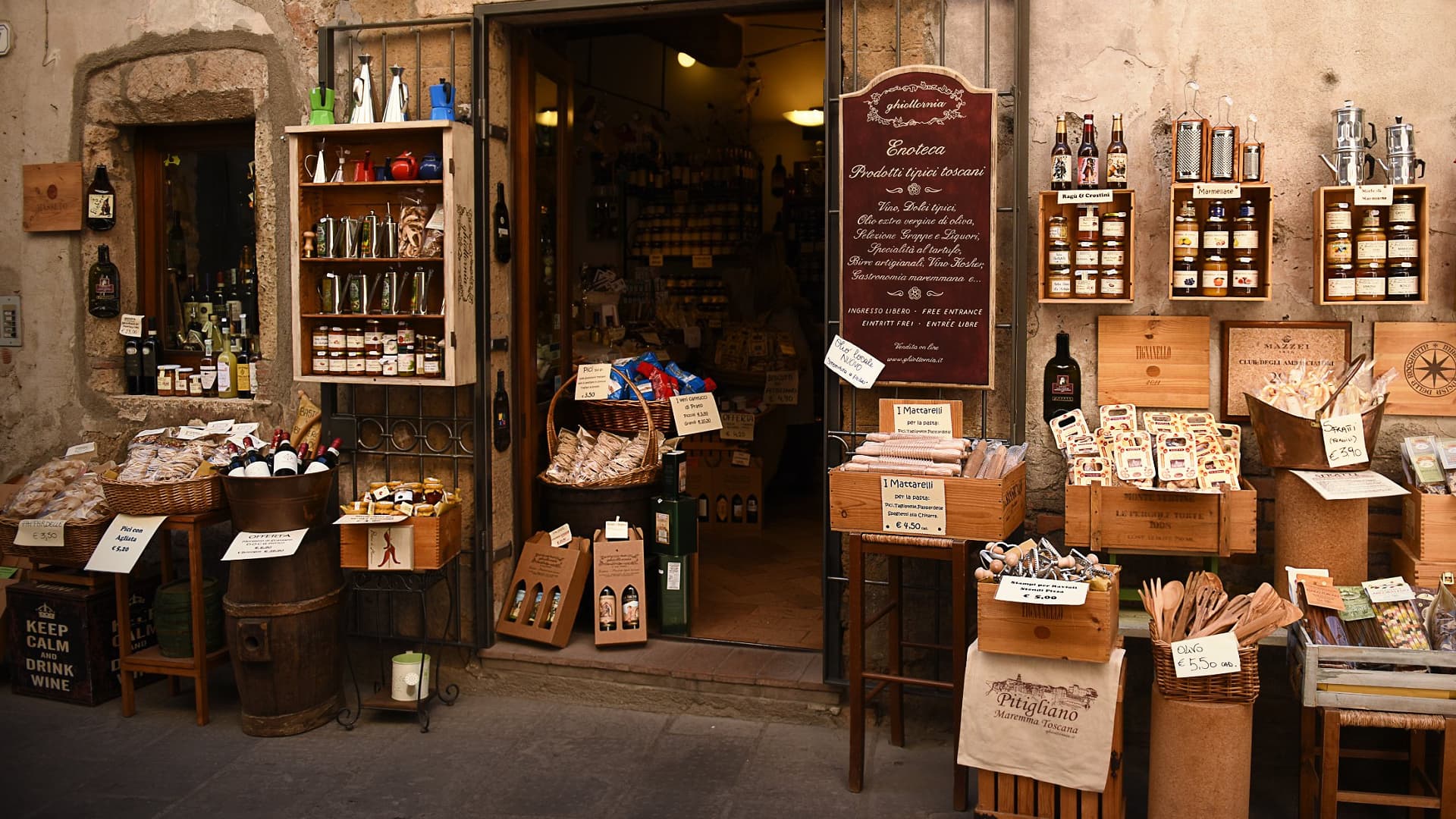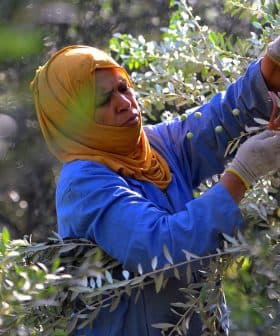Trade Group Opposes Proposed Retail Sales of Bulk Olive Oil in Europe

Fedolive objected to a request to allow retail sales of bulk olive oil in stores to reduce packaging waste, arguing that it would not benefit the environment and could jeopardize consumer safety. The federation urged the European Commission to maintain regulations requiring olive oil to be sold in packaged containers up to 5 liters to ensure consumer protection and product safety.
Fedolive, the European Federation of Olive Oil Industries, objected to a request from consumers and environmental associations to the European Commission to authorize retail sales of bulk olive oil in stores to reduce the environmental impact of olive oil packaging.
Fedolive argued that direct sales of olive oil in bulk would have no tangible benefit for the environment and would put consumers’ protection in peril.
See Also:Trade News“The environmental impact of packaging will not be eliminated or minimized if olive oil is sold in bulk, since it will again be packaged in containers in stores – as other products sold in bulk in retail outlets – which of course will not be checked like standard olive oil packaging for compliance with environmental regulations,” the federation wrote in a memo to Wolfgang Burtscher, the general director of the commission’s Directorate-General for Agriculture and Rural Development.
“[Sales of olive oil in bulk] do not guarantee the safety of the food, in contrast to the standardization and packaging in containers up to 5 liters which has been proven to be the only practice which guarantees the protection of the consumers and has also been validated through the last revision of the Executive Regulation 29/2012 on olive oil marketing standards,” the memo added.
Commission Regulation 29/2012 stipulates that only packaged (or bottled) olive oil is allowed to be sold to final consumers in Europe in quantities of up to 5 liters per package, fitted with an opening system that can no longer be sealed after the first time it is opened.
In Greece, the national association of olive oil bottlers (Sevitel) also took a stand against the proposed retail sales of unpackaged olive oil, characterizing it as a setback for the whole industry.
“Enabling retail sales of olive oil in bulk will be a step backward regarding the product’s safety and tackling adulteration,” said Yiorgos Economou, the association’s general director.
Economou added that relevant legislation exists in France, where consumers can buy olive oil in bulk in personal containers. ”However, the sales are monitored, and the containers are sealed after filling,” he said.
Fedolive finally called on the commission to reject any proposal to modify the existing olive oil trade regulatory framework, citing current production and trading etiquette.
“Olive oil is a source of health and life,” the federation wrote. “It is a natural product with high nutritional and biological value and high requirements in production, packaging and trading stages, ensured only with standardized and branded products produced and marketed by thousands of businesses which contribute to the economy and the protection of consumers.”









